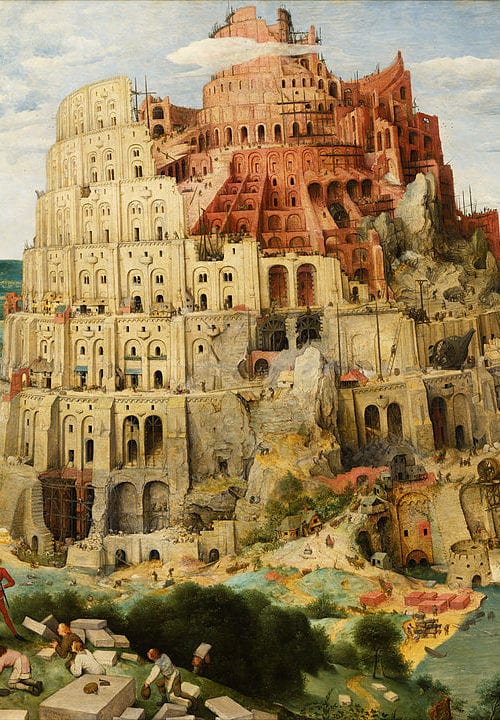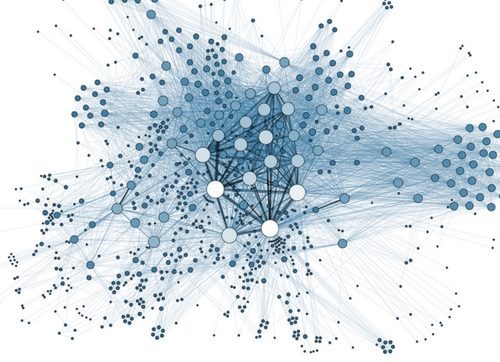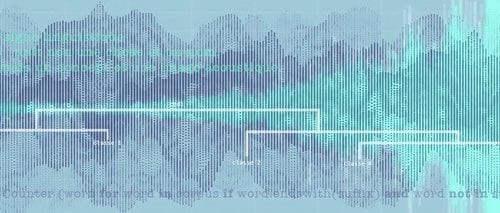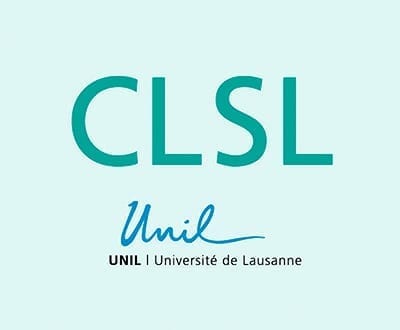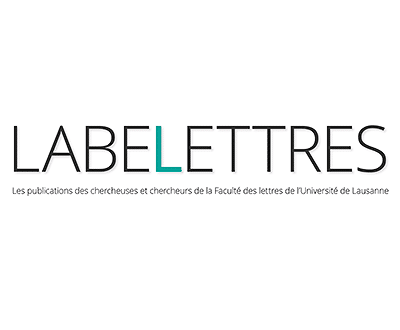Overview
The linguistics and modern languages collections have been created to meet the needs of the university community. They provide an overview of all language and information sciences.
Linguistics and modern languages are also represented at the Riponne and HEP sites, with a particular focus on language learning methods and language teaching.
The development of the linguistics and modern languages collections is heavily dependent on the research areas prioritised by linguists in the Faculty of Arts at UNIL. The language sciences collection covers the following topics:
- language acquisition and languages learning
- contact with languages and multilingualism
- functionalism
- history of linguistics and specific languages
- computational linguistics and information sciences
- diachronic and historical linguistics and language variation
- multimodality
- phonetics and phonology
- philology and genetics
- pragmatics, including conversational analysis, discourse analysis, argumentation and textual linguistics
- psycholinguistics and cognitive linguistics
- sociolinguistics
The current strategy for developing the collection is explained in the document below (see bottom of page).
Over 13,000 monographs are available in the open shelves. Some of the highlights of the collection are as follows:
- general or language-specific atlases of linguistics
- dictionaries, encyclopaedias and textbooks
- grammars and descriptions of specific languages
- founding texts in the discipline
We mainly acquire documents in paper or digital format, in French and English, except for those in German, Italian and Spanish, which are acquired in their respective languages.
The most recent collections are kept in the open shelves of the Unithèque site, with the remaining of the collection in the stacks (items are available on request through the Renouvaud catalogue).
Monographs on language sciences, Romance and Indo-European languages can be found in the linguistics section, classified by field and topic. Monographs on English, German, French, Italian and Spanish languages can be found in their respective literature sections, classified by field and topic, and then by century for the history of languages.
Language atlases are stored in special units, near the linguistics free access section. A full list can be found in a dedicated document.
Publications related to linguistics can also be found in the anthropology, Greek and Latin (Classical Studies), Oriental Studies (Oriental languages), psychology, religion (Semitic languages), Slavic studies (Slavic languages) and sociology collections.
Printed journals can be found in a specific section of the open shelves, where they are classified in ascending numerical order. Several of them are also available online and accessible via Renouvaud, as with all digital resources in the collections.
Most digital resources (databases, journals and e-books) are under licence. This means that they are only available on UNIL computer workstations, on our public computers in the library or through authenticated access, which is only available to members of the university community in Lausanne.
All digital linguistics and modern languages journals can be accessed through the Renouvaud catalogue. The most important ones are under licence (access limited to the university community). It is easier to access journals in French through one of the three following portals:
The databases portal gives you access to all bibliographical databases specialising in linguistics and modern languages (Bibliographie der deutschen Sprach- und Literaturwissenschaft, Encyclopedia of Language and Linguistics, International Encyclopedia of Linguistics), numerous language, etymological and historical dictionaries (Dictionary of Old English, Grand Corpus des grammaires françaises), and platforms that publish e-books and scientific journals (JSTOR, Oxford Scholarship Online). Finally, numerous resources are free online resources, For a general overview, please see the international online linguistics community website, The Linguist List.
Documents
The following documents will help you learn more about our acquisitions policy, find what you need and search the collections.


